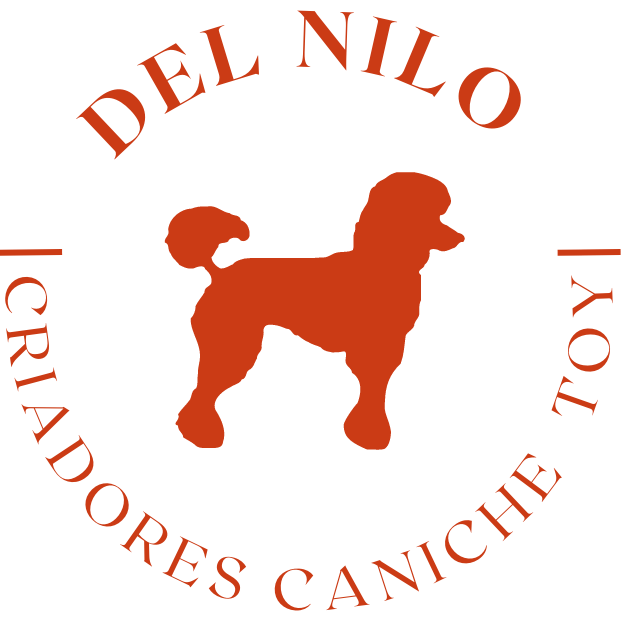Prognathism
Prognathism in the Toy Poodle is an issue that can arise on some occasions, even if the puppy's parents do not present it. It is important to understand that prognathism may be more common in small breeds, such as the Toy Poodle, even if the parents do not have it. Unfortunately, with advances in genetics and the genetic tests available today, the presence of this condition cannot be completely ruled out, so it can only be known with the development of the puppy.
Prognathism is a dental malocclusion in which the lower teeth protrude in front of the upper teeth. The diagnosis of prognathism in the Toy Poodle can be more complex than in other breeds, since it does not always manifest itself evidently at birth or during the puppy stage. It is possible that a puppy could develop prognathism as it grows, or vice versa, that it may have an altered bite that is corrected during its development. This is because a dog's bone and dental structure can change and adapt as it matures.
It is crucial to understand that prognathism and other dental disorders do not pose a health problem for the puppy. The external aesthetic impact is usually minimal and does not affect the dog's quality of life. However,
In our case, we strive to breed Toy Poodles that are as close to the breed standard as possible. None of the adults we use to breed have dental alterations or prognathism since we seek to get as close as possible to the breed standard, but we do sometimes find puppies that present some dental alteration in their development, just as happens in people of perfect teeth with children who do not maintain them or vice versa. In any case, to ensure perfect teeth, especially for those who want to compete or exhibit, the dog is delivered with a minimum of six months to know the almost definitive dental status.
In conclusion, prognathism in the Toy Poodle can occur even if the puppy's parents do not have it. It is a condition that can manifest itself during the dog's development and can be corrected or stabilized as it grows. It is important to understand that prognathism and other dental alterations do not represent a health problem for the puppy, and that the external aesthetic impact is usually minimal. At our kennel, we strive to breed Toy Poodles that are close to the breed standard, but we understand that some variations may occur in puppy development.
